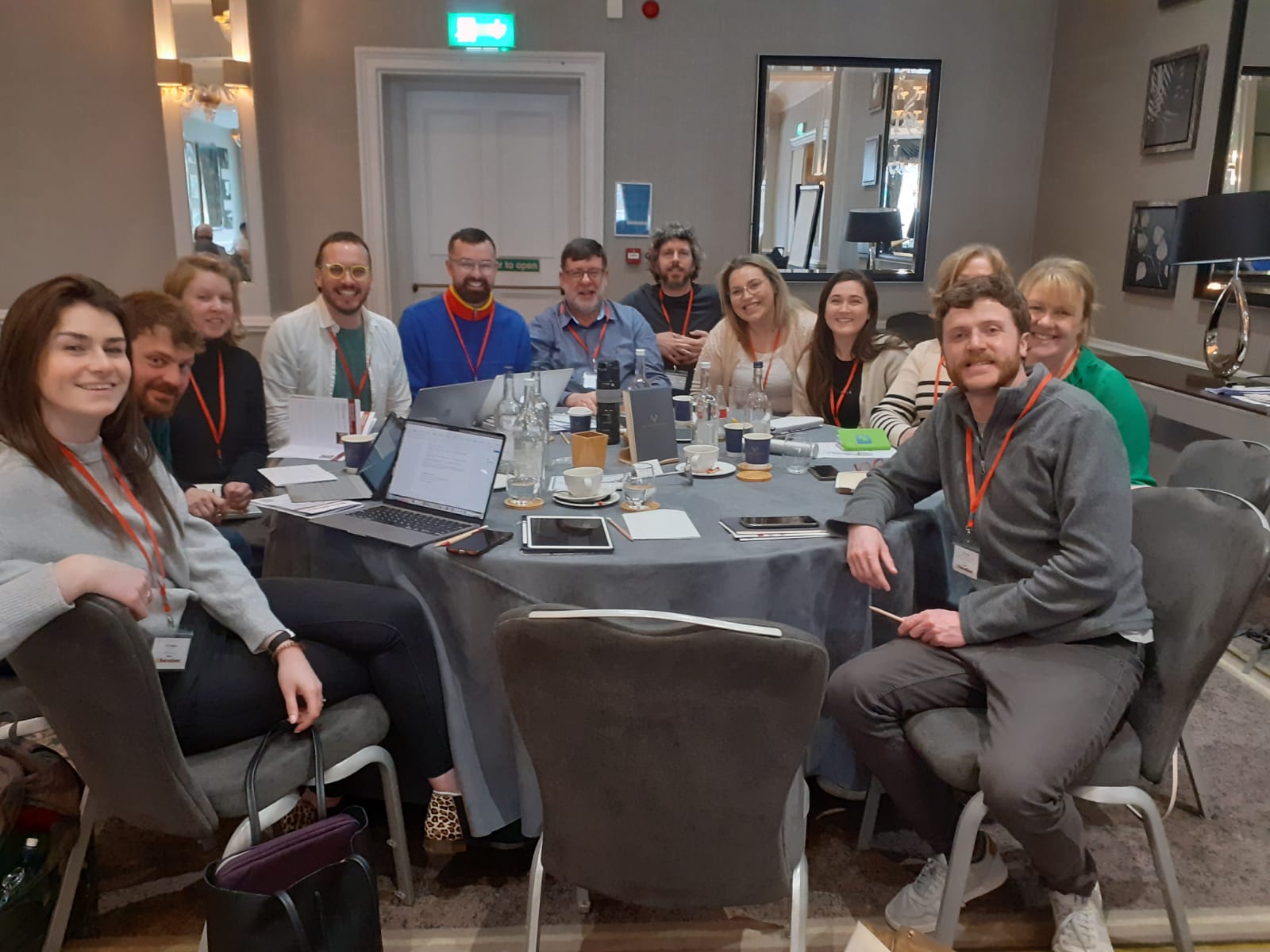 Pablo Schofield Legorburo, Teacher of Politics & Society, Spanish, Ethical Education & Philosophy at Stepaside Educate Together Secondary School.
Pablo Schofield Legorburo, Teacher of Politics & Society, Spanish, Ethical Education & Philosophy at Stepaside Educate Together Secondary School.
Last February I attended the Five Nations Network Conference in London as part of the Irish delegation, representing the community of practice of second-level Educate Together Ethical Education teachers.
Entitled ‘Digital Citizenship: The Internet – Friend or Foe?’, the conference was on the themes of Digital Citizenship and Digital Democracy. It was attended by delegations from the five nations making up the ‘network’: Ireland, Northern Ireland, Wales, Scotland and England. We considered the issue of information and knowledge in democratic society, focusing on the impact of digital technologies like Artifical Intelligence and the benefits and challenges presented for citizenship educators by these instant sources of knowledge.
Two of the highlights of the conference were the keynote speakers: Sonia Livingstone, a Professor in the Department of Media and Communications at the London School of Economics and Political Science, and Jeremy Hayward, an Associate Professor at the Institute of Education, UCL, specialising in the field of citizenship education. Livingstone gave a fascinating talk called ‘How disinformation threatens citizenship: young people’s right to access information in the digital age’. In it she explored the challenges and opportunities that new forms of media present us with when considering children’s rights, for example Article 17 of the United Nations Convention on the Rights of the Child: ‘Access to appropriate information: The State has an obligation to ensure that the child has access to information and material from a diversity of media sources and to take measures to protect children from harmful materials’.
Hayward, a former post-primary Philosophy teacher, gave another fascinating talk called ‘Epistemic challenges to liberal democracy – conspiracy theories, disinformation and the role of education’. In it he considered the darker side of new media in terms of how it can suck young people into conspiracy theories and other forms of disinformation, but also the positive ways in which educators can combat this, for example by providing healthy counternarratives.
The rest of the conference involved networking and sharing ideas with my delegation and those from other nations, attending workshops, discussing citizenship education amongst other matters. I attended two workshops entitled ‘The Artificial Intelligence revolution and why it matters in our teaching’ and ‘Algorithms and their impact in the classroom’. Overall, it was a very enjoyable and rewarding experience, particularly the chance to learn about and compare how people and systems in different national settings are approaching digital citizenship education. My fellow attendees were lovely and motivated people, giving me hope for the next generation in the five nations. I hope to attend the conference again in the future after this wonderful first experience!
The Five Nations Network is a forum sharing practice in education for citizenship and values in England, Ireland, Northern Ireland, Scotland and Wales. Since 2000, the Network has enabled dialogue between teachers, policy makers, curriculum planners, members of the inspectorate, representatives of NGOs and young people from across the UK and Ireland.
The network holds yearly conferences and invites teachers from related areas of teaching to apply directly or to seek nominations, from which the organisers select only a limited number of participants. Click here to find out more about this innovative network.
